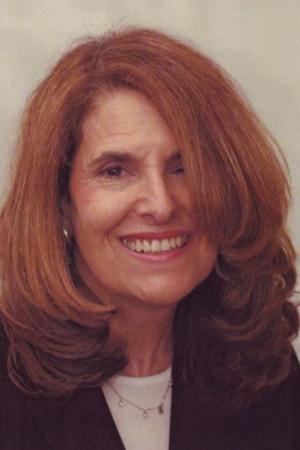This article was originally published in The New York Jewish Week on April 23, 2013.
As concerned as we are about economic justice, the American Jewish community has failed to understand, on a gut level, a glaring reality: adults with disabilities in the U.S. disproportionately experience poverty. According the census bureau, about one in five Americans has a disability. That means twenty percent of us.
Eighty percent of adults with disabilities are unemployed or under employed not because they cannot work, but because they are denied the opportunity to work at jobs they are qualified to do. Employment discrimination makes people poor!
With unemployment rates consistently double that of the general population, people with disabilities experience poverty rates at twice the national average as well. In the wealthiest nation in the world, this is not only morally intolerable, but also economically inexcusable.
We Jews must understand and admit that we, too, discriminate by not demanding that Jews with disabilities have equal access not only to our front doors, but to all things Jewish, including jobs. Synagogues rightly worry about access to the bima, but what about jobs on the bima or jobs in Jewish organizations, agencies, schools or camps?
It would be very hard for our communities to discriminate if the jobs seekers presented outstanding Jewish resumes. But the only way that Jews with disabilities can build such resumes is by being offered a great Jewish education, beginning at an early age and continuing through Jewish schools of higher learning.
Where are our twenty percent? They are not in our classrooms. Synagogue religious schools that offer classes or programs for students with special needs are few and far between. Almost nonexistent are synagogue religious schools that ask for IEPs (Individualized Education Programs, the document that ensures that a person with a disability receives the necessasry programs and services) on their religious school intake forms. Jewish day schools are often perceived as excluding children who must be accommodated in order to learn and too often, that perception is justified.
In Mishnah Torah, [Hilchot Talmud Torah, 10] Maimonides taught: “Every member of the People of Israel is obligated to study Torah – regardless of whether one is rich or poor, physically able or with a physical disability.” That was 900 years ago! Why has it taken us so long to heed his teachings?
Promoting inclusion of those with all kinds of disabilities in Jewish studies educates and benefits all those in the classroom. Inclusion teaches us from an early age to see past the disability and acknowledge the Jewish soul first. Furthermore, the Jewish community must realize that Jews with disabilities are a minority within a minority. In the public sphere, some employers recruit minority applicants. It should be so in the Jewish world as well. We have to not only educate and train Jews with disabilities, but also recruit them for Jewish jobs.
It is especially imperative that we help alleviate such poverty by looking beyond religious job openings. We must educate all members of our community and urge all businesses, employers and CEOs to seek qualified Americans with disabilities as job applicants to fill open positions.
In 2013, this is a mandate for all religious communities that seek to alleviate poverty.
Rabbi Lynne Landsberg is the Religious Action Center of Reform Judaism’s senior adviser on disability issues, co-chair of the Jewish Disability Network and co-chair of the Committee on Disability Awareness and Inclusion of the Central Conference of American Rabbis.

